Dealing with Debt Collectors

Debt collectors
Debt Collectors work to collect debts on the behalf of business and government. It is important that you are aware that you have protections under consumer law and privacy codes. For individuals experiencing identity theft, debt collection notices may be the first sign that an identity has been misused to obtain a line of credit.
Debt Collection and Your Rights
In Australia and New Zealand, debt collectors cannot:
- Use physical force, or coercion.
- Harass you unreasonably for payment.
- Mislead or deceive you.
- Take unfair advantage of any vulnerability, disability, or other similar circumstances that may affect you.
- Inform your family, friends or employer about the debt without your permission.
This applies to yourself, your spouse, your family, or others who may be connected to you. If you believe a debt collector has not followed the above guidelines, you can:
- In Australia, report the debt collector to the Australian Competition and Consumer Commission and make a formal complaint with the Financial Rights Legal Centre.
- In New Zealand, report the debt collector to the Commerce Commission under the Fair Trading Act.
- Report the debt collector to police if they behaved in a threatening manner.
Being Contacted About a Debt Collector
If the debt is legal and reasonable, a debt collector should only contact you when it is necessary to do so. Reasons may include:
- Making demands for payment.
- Making arrangements for payments.
- Discussing why a repayment plan has not been fulfilled.
- Reviewing a repayment plan.
- Inspecting or recovering mortgaged goods.
Visits to your home will only ever happen if there is no other way the debt collector can contact you, or if you ask or agree to a home visit. If poor conduct occurs that results in assaults or threats of violence, then the collector should be reported to police immediately.
Debt Collectors and Identity Theft
Seven steps are key when you suspect a debt collection is a sign that your identity has been misused by someone to obtain credit in your name without repayment:
- Lodge a dispute with the debt collector and confirm in writing the name and nature of the original credit provider (such as the telecommunications carrier or bank).
- Lodge a complaint with the original credit provider and request that the debt be investigated, including what specific identity credentials were used when making the disputed purchase, loan application, or account.
- Request that your credit report be corrected by the credit provider and that they provide written confirmation of this and a relevant case number.
- Request credit reports from all credit reporting agencies (see our Credit Reporting Agencies Fact Sheet) to keep track of your finances, as there is a chance that other misuse may have occurred.
- Request credit bans to stop future misuse of your credit. For more information see our fact sheets Credit Bans - Australia and Suppressions - New Zealand.
- Report the misuse to your local police via their non-emergency number (Australia 131 444 or New Zealand 105). In Australia, the police may also advise you to complete a ReportCyber online form.
- Contact IDCARE to discuss your options and develop a tailored response plan.
Relevant IDCARE Fact Sheets
The following IDCARE fact sheets may assist you with your response journey:
- Credit Reports - Australia
- Credit Reports - New Zealand
- Credit Bans - Australia
- Suppressions - New Zealand
Relevant Websites
Australia
New Zealand
For additional support or information, contact IDCARE by submitting a Get Help Form or call 1800 595 160 (Aus) or 0800 121 068 (NZ).
Disclaimer
Identity Care Australia & New Zealand Ltd (IDCARE) provides identity and cyber security incident response services (the Services) in accordance with the following disclaimer of service:
- IDCARE is Australia and New Zealand’s national identity and cyber incident community support service. IDCARE is a not-for-profit and registered Australian charity.
- The Services provided do not constitute legal advice. IDCARE recommends that you consult your own legal counsel in relation to your legal rights and obligations, including but not limited to your legal rights or obligations under Australian and international privacy and data protection laws.
- While every effort has been made to ensure the accuracy of the content provided, to the maximum extent permitted by law all conditions, terms, representations, and warranties (in each case, whether express or implied) in connection with the provision of the Services which might otherwise be binding upon IDCARE are excluded.
- IDCARE’S liability for any loss or damage suffered by any person or organisation (including, without limitation, any direct, indirect or consequential loss or damage) arising out of or in connection with the Services (including without limited liability for any negligent act or omission, or statement, representation or misrepresentation of any officers, employees, agents, contractors or consultants of IDCARE) shall be limited to the fees paid by you to IDCARE in respect of the Services. For the avoidance of doubt, this limitation of liability extends to any liability arising from any actions performed or not performed as a result of any recommendations made in the course of providing the Services.
- If you would like to provide feedback please use our Feedback Form.
Join the global list of organisations making a real difference in people’s lives by supporting our service.





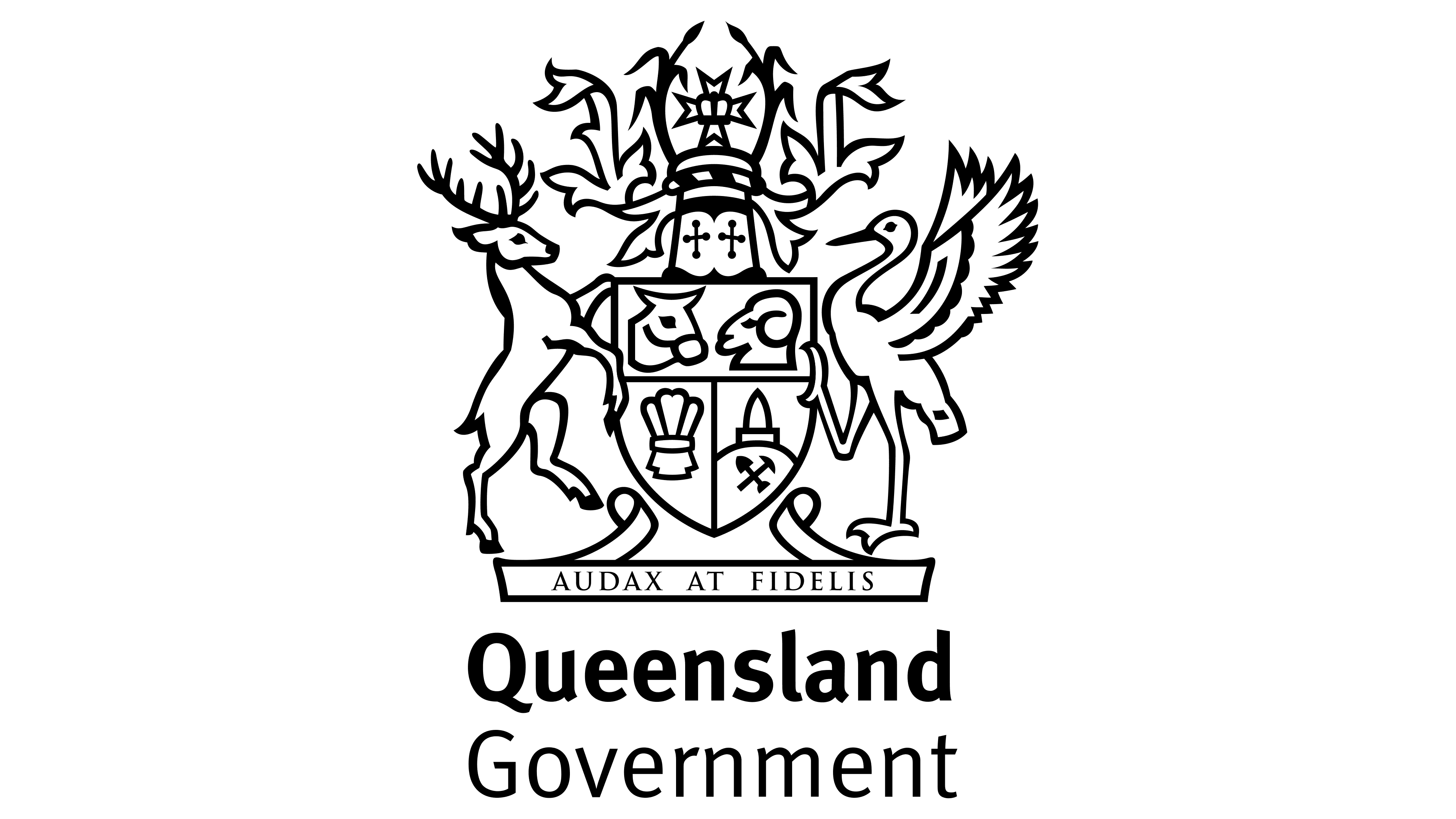






























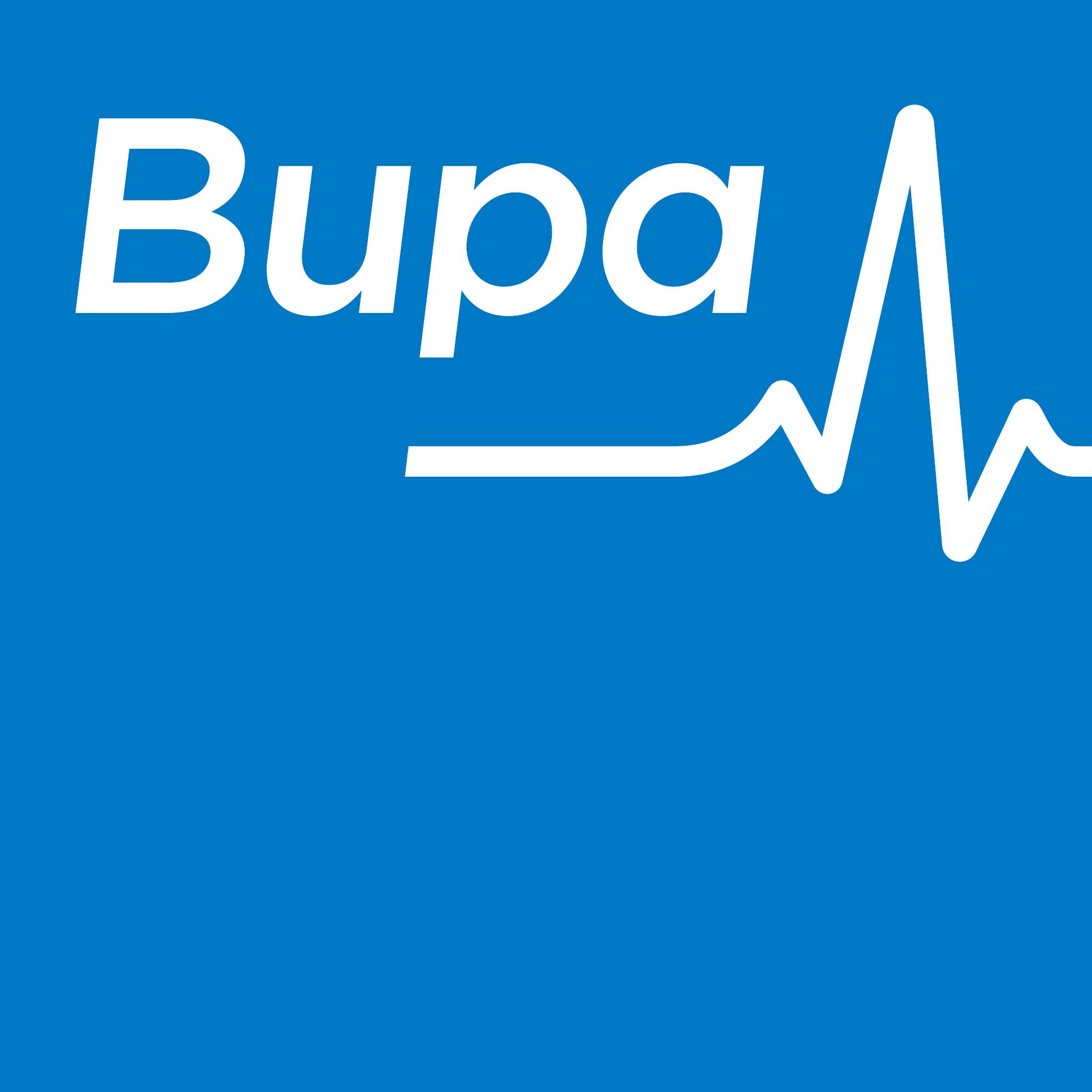
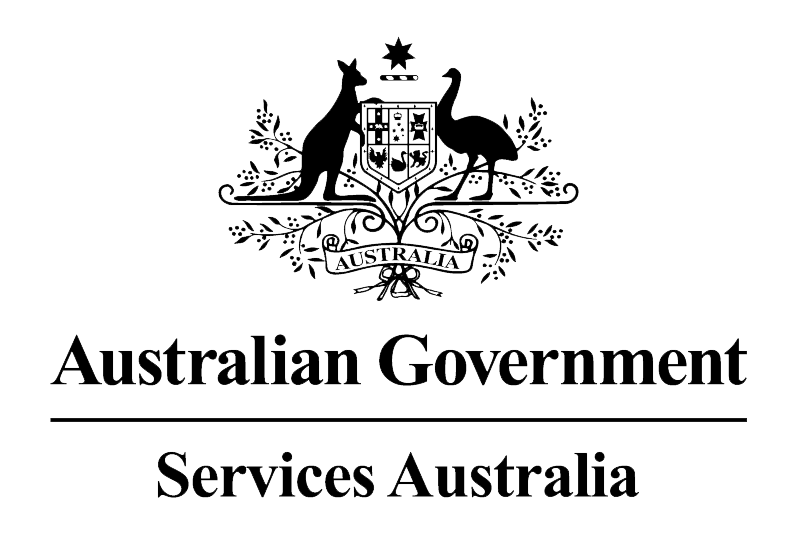




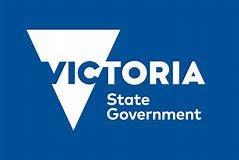









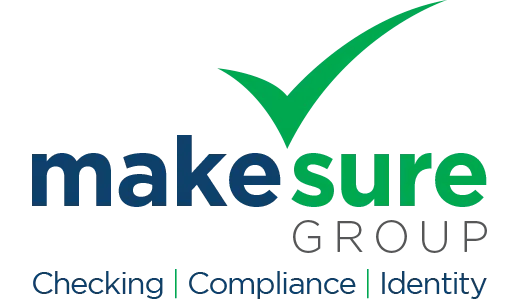





Copyright © 2025, IDCARE. All Rights Reserved.
ABN 84 164 038 966








